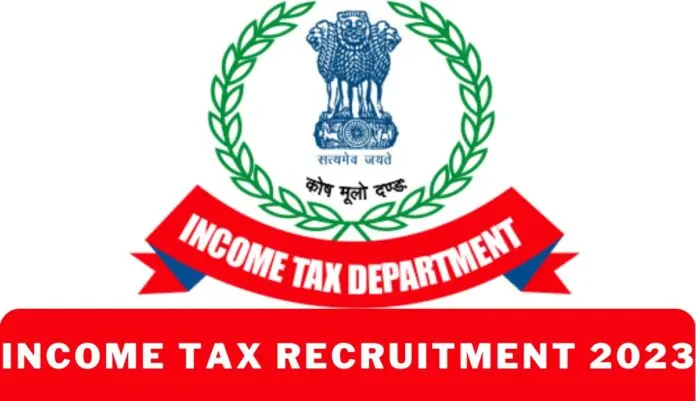Income Tax: A big decision of the Supreme Court has come on a case of Income Tax. According to this decision, Income Tax Department cannot re-assess in cases which are 3 years old and less than Rs 50 lakh. The court has given this decision under Section 148 regarding the time limit for sending notice by the Income Tax Department.
New Delhi: Taxpayers have got a big relief from the Delhi High Court. This news has brought a wave of happiness among those taxpayers who are receiving notices from Income Tax.
According to the report, during the hearing on an income tax case, the Delhi High Court, while giving its verdict, said that re-assessment cannot be done in income tax cases older than 3 years and less than Rs 50 lakh.
According to the decision, now Income Tax can never investigate your income tax assessment case like this. Income tax can investigate 10 year old cases only when the income of the taxpayer is Rs 50 lakh or more.
A new IT law was made regarding re-assessment
Actually, during Budget 2021-22, a new IT law was made regarding re-assessment. In which the re-assessment deadline was reduced from 6 years to 3 years.
In case of more than Rs 50 lakh and serious fraud, re-assessment may take up to 10 years. Income Tax Department officials would sometimes open old cases and send notices to people.
In such a situation, this is a relief news for those who used to get notices from the Income Tax Department. Delhi High Court has given its verdict under Section 148 keeping in mind the time limit for sending the notice by the Income Tax Department.
So that he can issue notice for reopening of cases within time.
What did the petitioners say?
The petitioners submitted that in cases where the income (income omitted from tax assessment) is less than Rs 50 lakh, the period of limitation of three years prescribed in clause (a) of Section 149(1) should apply.
The extended limitation period of 10 years will be applicable only if the income exceeds Rs 50 lakh. On the other hand, Income Tax officials argued that such notices are valid in view of the Supreme Court judgment in the case of Ashish Aggarwal (May, 2022) and a subsequent circular issued by the Central Board of Direct Taxes.
Travel back in time theory wrong
Advocate Deepak Joshi, practicing in the Supreme Court, says that the Delhi High Court has accepted that the ‘travel back in time’ principle contained in the CBDT instructions is wrong from the point of law.
This is a welcome decision, which will help taxpayers who are facing re-assessment proceedings. This will also be beneficial for those taxpayers who did not file the writ petition.
The Delhi High Court said that as per both the speech of the Finance Minister and the interpretation of the provisions of the Finance Bill, 2021, the time limit for re-assessment for Ease of Doing Business was reduced from six to three years.




